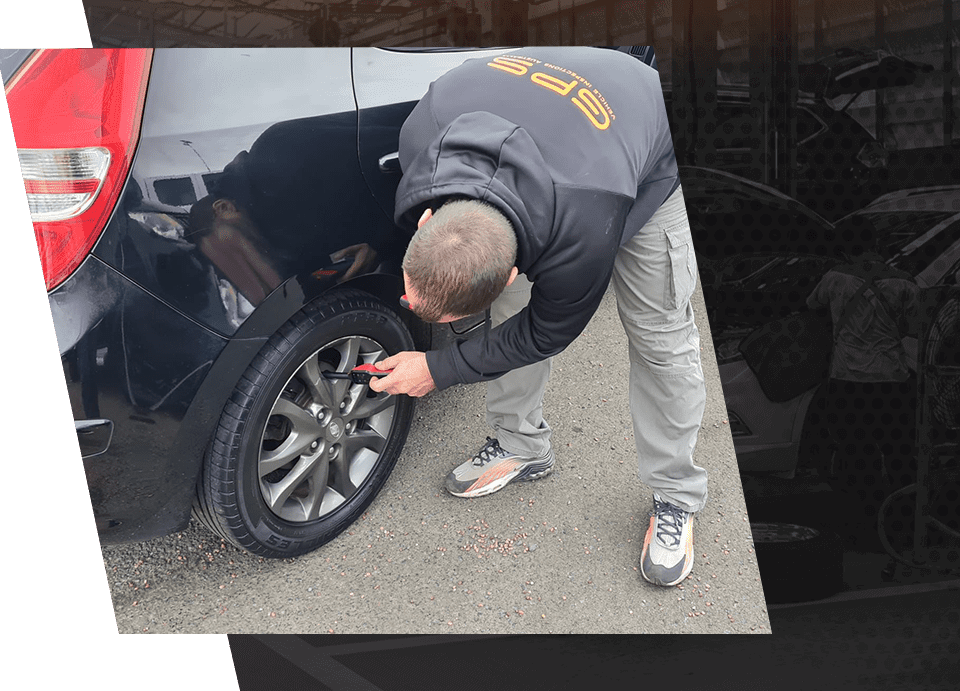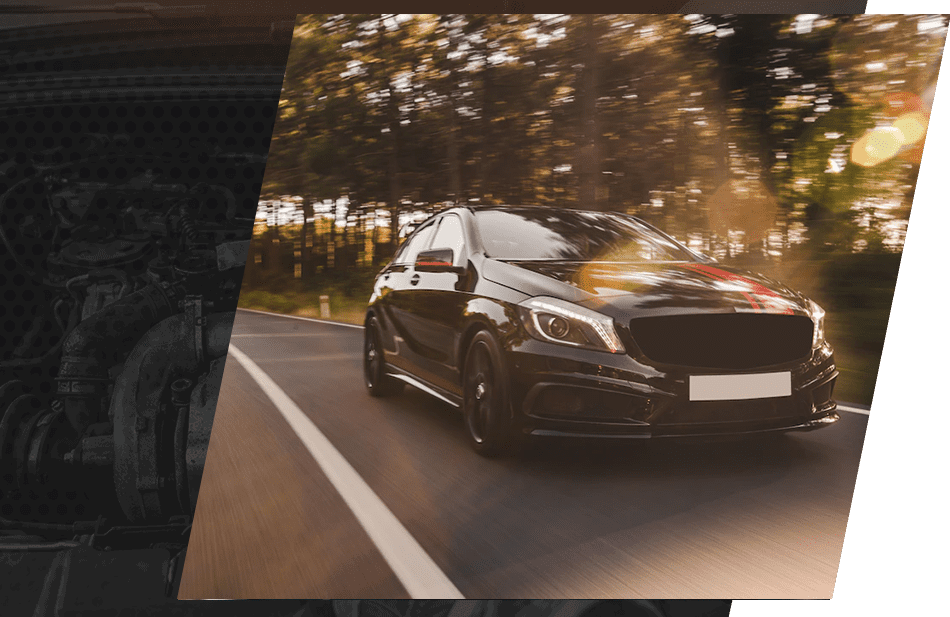Car inspection Checklist
Here is the list of things you need to check before buying a used car
Read More
vehicle Body


vehicle interior
We’re constantly on the lookout for a poorly maintained interior. If this part of the car is neglected, it can sometimes be an indicator of what’s to come when continuing to run through more extensive car checks. When it comes to the inspection, our team will be looking to see if the upholstery is in good condition, and all the buttons & switches work as they should. This includes your AC, Radio, Sat Nav, Heated Seats, Electric Seats, Mirrors, AV system and more. We also check the carpets are clean and free of any dirt or debris. Our team will also take note of any odours, as this is often a sign of a neglected vehicle. The inspector will also be looking for any signs of water damage, as this can be a sign of a bigger problem.
Engine
All relevant tests are carried out by our Car Inspector:
- TK for example is done to check for Combustion Leaks caused by bad head gaskets, cracked blocks, and cracked or warped heads. 95% of the time our Vehicle Inspector will pick up on this during a start-up or test drive, but we like to be sure. Severe leaks that go unaddressed can result in the vehicle failing.
- Oil/Fluid levels and quality are inspected and assessed. Optimal oil and fluid levels are important to maintain because they protect and lubricate the engine's moving parts. Low levels or contaminated fluids can cause long-term damage to your vehicle.
- Endoscope cameras are used to check hard to reach places for oil/fluid leaks. This is a camera that is inserted into the vehicle through a small hole.
- We also check for any rattling sounds coming from the engine as this can be an indicator of loose parts.
- Stethoscope (yes, we use a stethoscope) to listen for knocks and timing issues. Again 95% of the time our vehicle inspector will pick this up on start-up or test drive, but we like to be extra thorough.
- We also check under the bonnet for any damaged or frayed wires, as these can sometimes be an indication of a rodent problem.


All electrical and hose connections are checked for any cracking/fraying/or leaks.

Computer Diagnostic scan
A vehicle scanner is a hand-held device that is plugged into the vehicle’s diagnostic port. This allows us to communicate with the vehicle’s computer system. The vehicle’s computer system stores all sorts of information related to the vehicle. We use this device to check for any error codes that may have been logged in the past. These error codes can be related to the functioning of the engine, transmission, airbags, and more.

need a pdf checklist?
Leave your details below

The Gearbox / Differential / CV / Tyres / Suspension & Brakes
The drivetrain is what gets the power from the engine to the wheels. It is the most important part of your car, whilst the engine is important to get you moving the drive train and its components working in sync is what allows you to take evasive action or stop your vehicle in an emergency. Getting a vehicle moving is easy. Stopping and controlling your vehicle at the right time and place could one day save your life. Our Vehicle Inspectors take this very seriously, so we take extra time to inspect the drive train components.

vehicle Underbody
vehicle Exhaust


Road Test
History check and ppsr
To cap off your inspection, you’ll receive a full history check and PPSR report valued at $36.95. Our reports are connected to an official government registry which contains a database of registered cars in Australia and their rightful owner. It’s essential to get this report with your inspection because it verifies the car hasnt been stolen and the seller can legally hand over the deed of the car to you.
If your car has been tampered with, our history check will find out. Odometer rollback is a method some use to present the car as having false road miles. Our history check also allows you to verify the car’s written off status, and confirm there are no financial interests on the car. It even provides a price comparison. Find more about here PPSR + history check reports











